Valeria Saiu, Università degli Studi di Cagliari Stefano Stanghellini, URBIT
Exploring the challenges and potential of sustainability and innovation, a complex landscape of opportunities and contradictions in urban and territorial dynamics emerges. Various initiatives and policies address urban complexity, seeking solutions that balance economic growth with social inclusion and environmental protection. However, contradictions emerge in pursuing these objectives, such as the accentuation of inequalities in some contexts or the challenge of actively involving local communities. Addressing these dynamics requires an integrated and participatory approach, where research and innovation play a key role in shaping a more equitable and sustainable future for all.
The seventh edition of the conference invites young researchers to present innovative contributions that explore how new policies and technological tools can address environmental emergencies and growing urban and territorial inequalities. The main focus of the conference is to examine how innovation declined at various levels – political, procedural, instrumental – can reduce or exacerbate inequalities, becoming a tool for local competitiveness and sustainable development. Particular attention will be given to research that proposes the analysis of concrete case studies in order to favour the comparison of different approaches and experiences.
Topics of interest include:
- Inequality Analysis: Exploration of inequalities in access to services and resources, with a focus on future policies for spatial and social equity.
- Housing Policies and New Poverty: Critical analysis of housing policies in relation to the growing demand for access to housing by the most fragile populations and others.
- Tourism and Territorial Impact: Evaluation of the effects of tourism on urban and rural territories, with a focus on socio-economic and environmental consequences.
- Innovation and Regenerative Models: Exploration of the interaction between innovation, spatial transformations and social impacts, with a focus on ecosystem multifunctionality and urban and spatial regeneration to address spatial challenges and socio-cultural transformations.
- Evaluation of Urban Operational Programmes: Study of the effects of operational programmes on cities, such as Pinqua and Pnrr, and their impact on urban inequalities.
- Urban and Territorial Agendas: Discussion on the opportunities to integrate experiences of sharing and caring for common goods, such as river, lake, coast and landscape pacts, and energy communities, to promote sustainable practices and social inclusion.
PROGRAM SECOND PART
15:00 – 16:00
OPEN TABLE 3 – ENERGY FOCUS
“Climate and technological transition and the contemporary city. Adaptive regeneration and social innovation strategies and tools for the Local Urban Plan. Research perspectives”
William Aiello, University of Rome “La Sapienza”
“Vertical Greening Systems (VGS): A Sustainable Technological Solution for Climate Change Mitigation – Methodological Approach for the Assessment of Quality, Sustainability and Durability in Design”.
Caterina Dalsasso, “La Sapienza”University of Rome
“Multi-criteria evaluation for the reconversion of buildings: criteria for sustainable transformation”.
Antonella Masanotti, University of Roma TRE
“Heritage enhancement through Renewable Energy Communities (RECs): a case study in a small municipality of the Metropolitan City of Turin heritage”.
Giorgia Malavasi, Polytechnic of Turin
“Multi-Agent Systems as Support for Energy Communities”.
Alessandro Carrus, University of Cagliari
“An integrated approach to the regeneration of the existing city in the context of European directives on energy efficiency”.
Enrico Losardo, “La Sapienza” University of Rome
“The role and potential of in-between spaces and interface elements in the constitution of ERCs. Simulation and comparative study of intervention strategies for two urban areas”.
Maurizio Sebastiano Serra, University of Sassari
Discussants
Andrea Iacomoni, Professor of Urban Planning, University of Rome “La Sapienza”
Ezio Micelli, Professor of Quantity Surveying and Evaluation, IUAV University of Venice
16:00 – 17:00
OPEN TABLE 4 – FOCUS ENVIRONMENT
“Inter-municipal planning and environmental governance: strategies and good practices in Europe”.
Chiara Filicetti, “La Sapienza” University of Rome
“Regeneration and Infrastructure: Environmental Impact Assessment as a Tool for Territorial Balance”.
Davide Vettore, University of Bergamo
“Protected areas and socio-ecological transition. Strategies and models of sustainable development in a unitary vision of territorial government”.
Lucrezia Pala, “La Sapienza” University of Rome
“Water risk and forms of open space. Soil design configurations between adaptive performance, spatial and landscape quality”.
Simone Porfiri, University of Camerino
“The social impact of nature-based solutions in urban regeneration processes”.
Giulia Mazzucco, University of Genoa
“Technological innovation through the use of portable photonic technologies and regenerative models for urban resilience: nature-based solutions to spatial challenges”
Francesca Sanfilippo, University of Cagliari
“Lake landscapes between environmental and social challenges. The case of the Bolsena-Marta catchment area”.
Valentina Vittoria Calabrese, ‘La Sapienza’ University of Rome
“Megarchitecture. Premises for an Architectural Contribution to Environmental, Political, Social and Cultural Problems”.
Ayla Schiappacasse, University of Genoa
Discussant
Fabrizio Battisti, Professor of Estimate and Evaluation, University of Florence
Matteo Scamporrino, Project Manager TPS Pro
17:00 – 18:00
OPEN TABLE 5 – FOCUS REGENERATION
“Valorising and redevelopment, the key to a new contemporary city”
Maria D ‘Elia, Antonietta D’Elia, University of Salerno
“The sheep-track network in central and southern Italy: strategies, tools and practices for its multifunctional valorisation”.
Antonella Marlene Milano, Polytechnic University of Bari
“The impact of inter-modality and multi-modality strategies applied to medium-sized railway stations”.
Ludovica Dangelo, “La Sapienza” University of Rome
“Innovating the evaluation process of urban regeneration projects through the experimentation of a parametric qualitative-quantitative matrix: The case study of the Marina di Latina”
Federico Ianiri, University of Rome “La Sapienza”
“Landscapes in Transformation: The Impact of the High-Speed/High-Capacity Line Construction Sites and their Regenerative Potential”.
Silvia Marchesini, University of Padua
“C40 Reinventing Cities: Integrating Assessment, Planning, and Design for the Urban Regeneration of Bologna’s Prati-Ravone District”.
Isabella Giovanetti, University of Bologna
“Semantic and Conceptual Hierarchies in the Planning Documents of the Metropolitan City of Cagliari”.
Roberta Giulia Floris, University of Cagliari
Discussants
Ivan Blecic, Professor of Estimate and Evaluation, University of Cagliari
Fabrizio Finucci, Professor of Estimate and Evaluation, University of Roma Tre
Andrea Iacomoni, Professor of Urban Planning, University of Rome “La Sapienza”
from 19:00
APERI-PhD
Social aperitif at the NOF Club, Borgo S. Frediano, 17r, 50124 Florence.
At the end of the conference, a social aperitif will be held where doctoral students and discussants will be able to continue their discussions in an informal manner. This will be an opportunity for a collective meeting to foster networking among PhD students and lecturers from different universities working on similar or complementary topics.
Full list of participants
Aiello, F. Barbarino, A. Bertuca, V.V. Calabrese, S.A. Carrus, F Conejo-Arrabal, F. Conti, C. Dalsasso, L. Dangelo, A. D’Elia, M. D’Elia, M.A. D’Elia, A. B. Di Leo, M. Fanari, N. Fierro, C. Filicetti, R.G. Floris, V. Francioli, I. Giovanetti, I. Hoxhaj, F. Ianiri, E. Losardo, G. Malavasi, A. G. Masanotti, S. Marchesini, C. Maresca, D. Mazzoni, G. Mazzucco, M. Meta, A.M. Milano, L. Pala, S. Porfiri, E. Righetto, D. Riglietti, N. Rispoli, Schiappacasse, M.C. Saliu, F. Sanfilippo, M.S. Serra, M. Sinatra, G. Strano, G. Tucci, D. Vettore, S. Virgilio.
Italiano

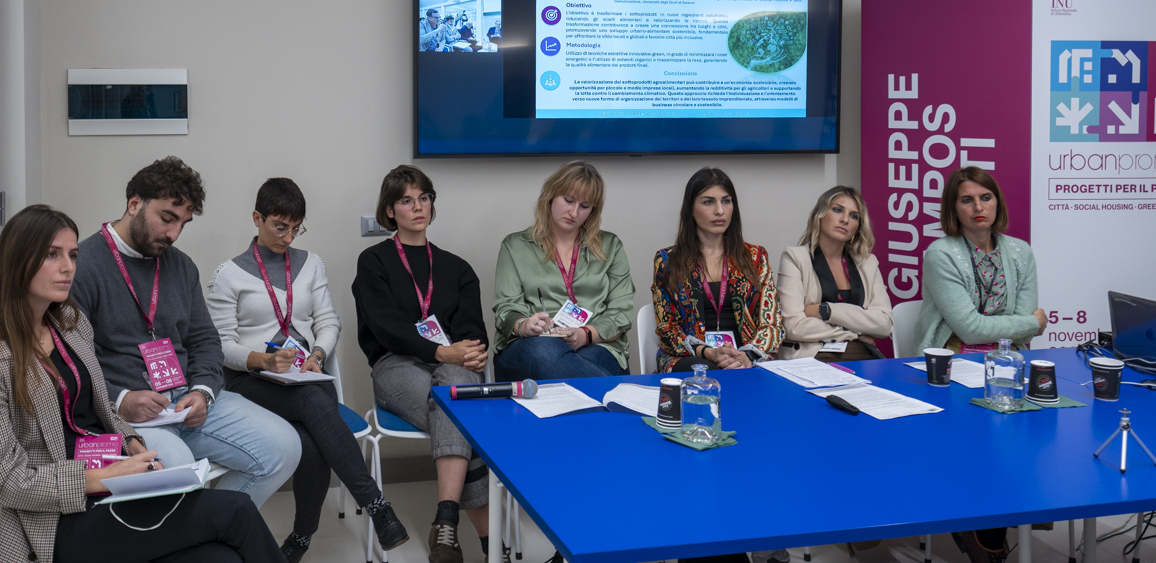
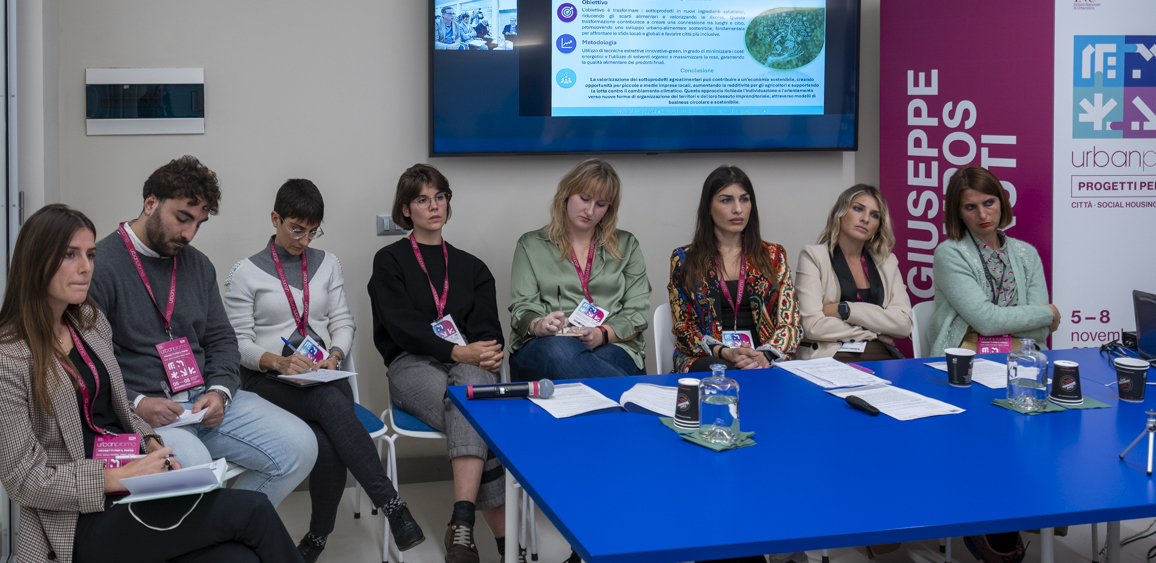
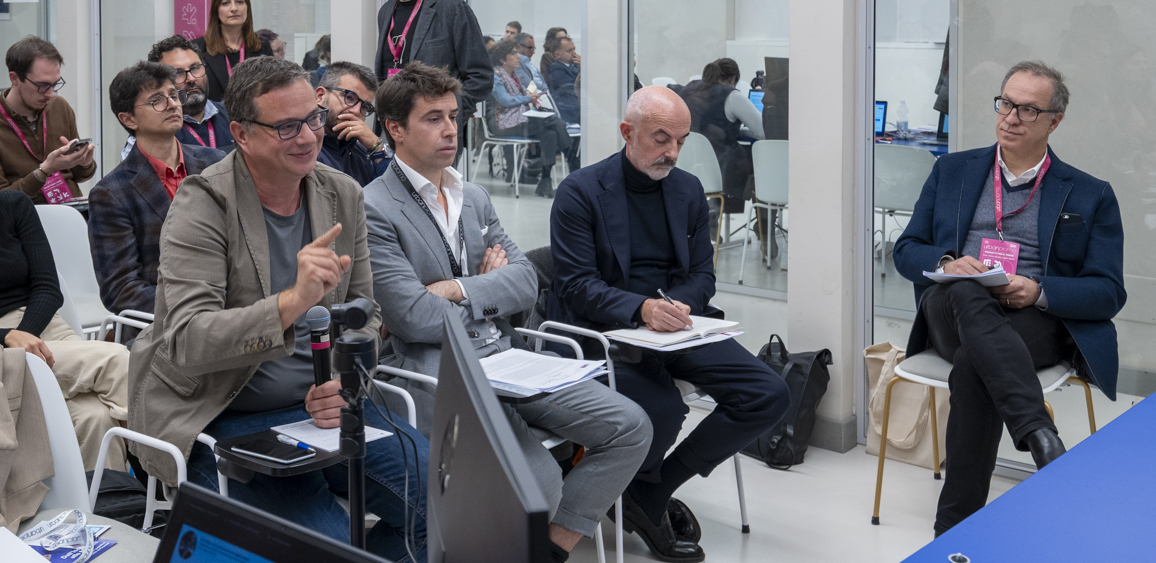
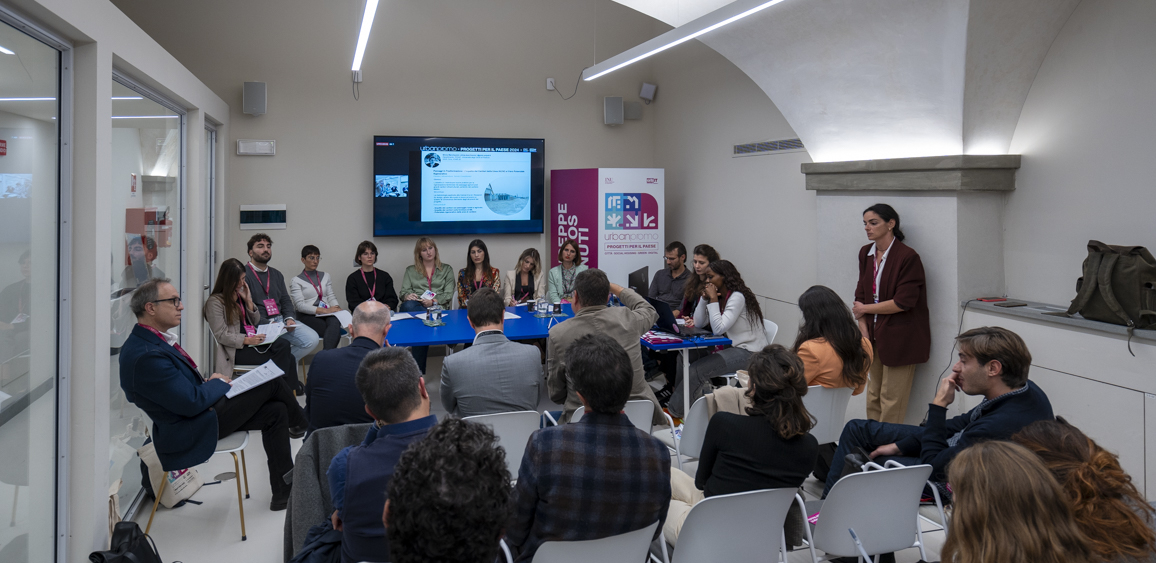
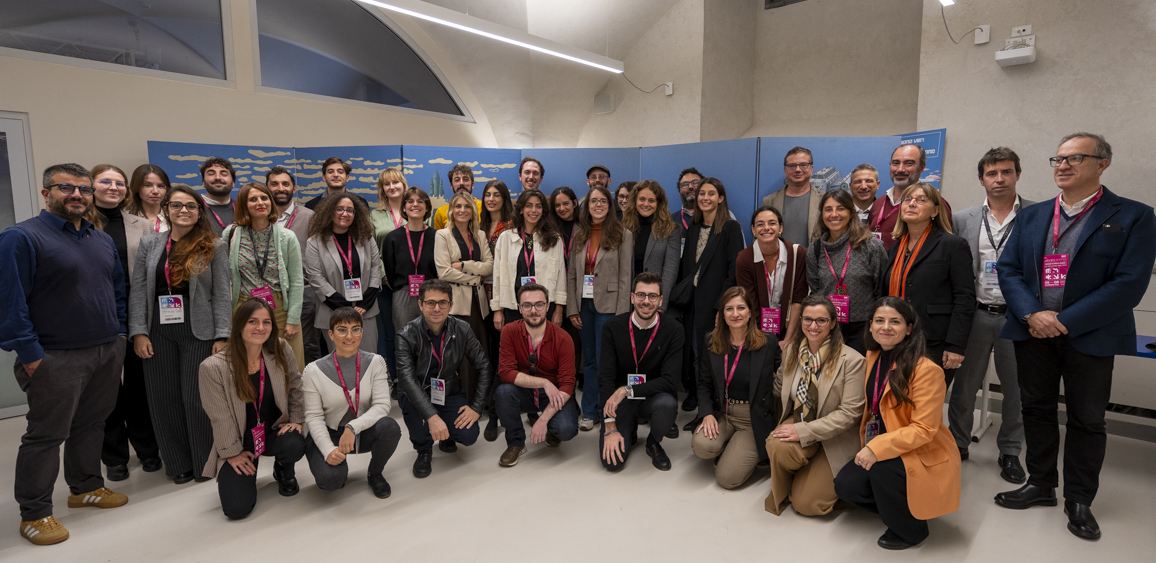
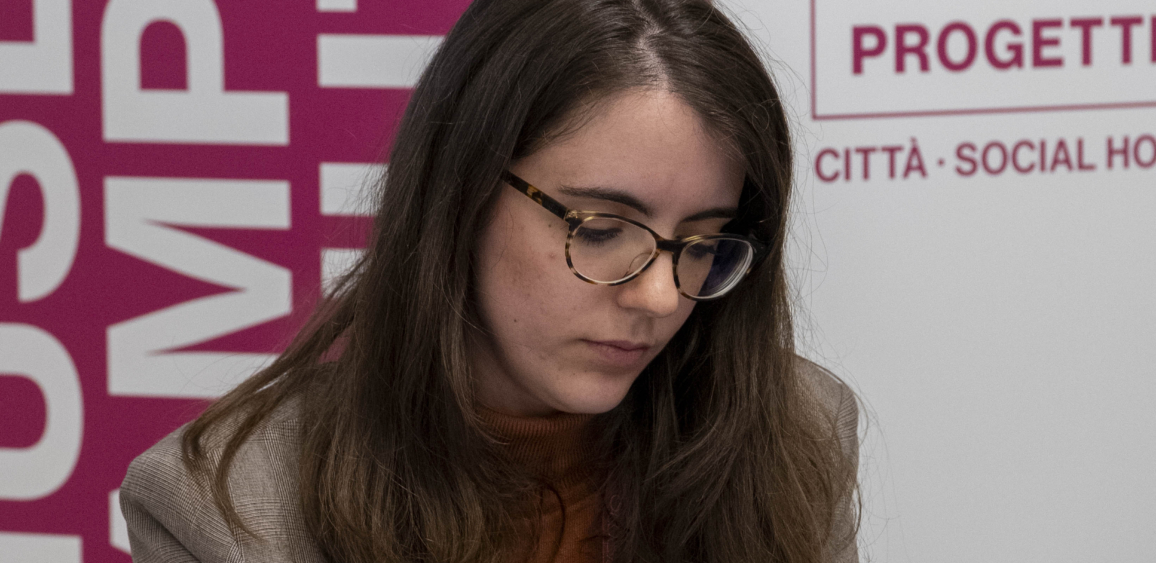
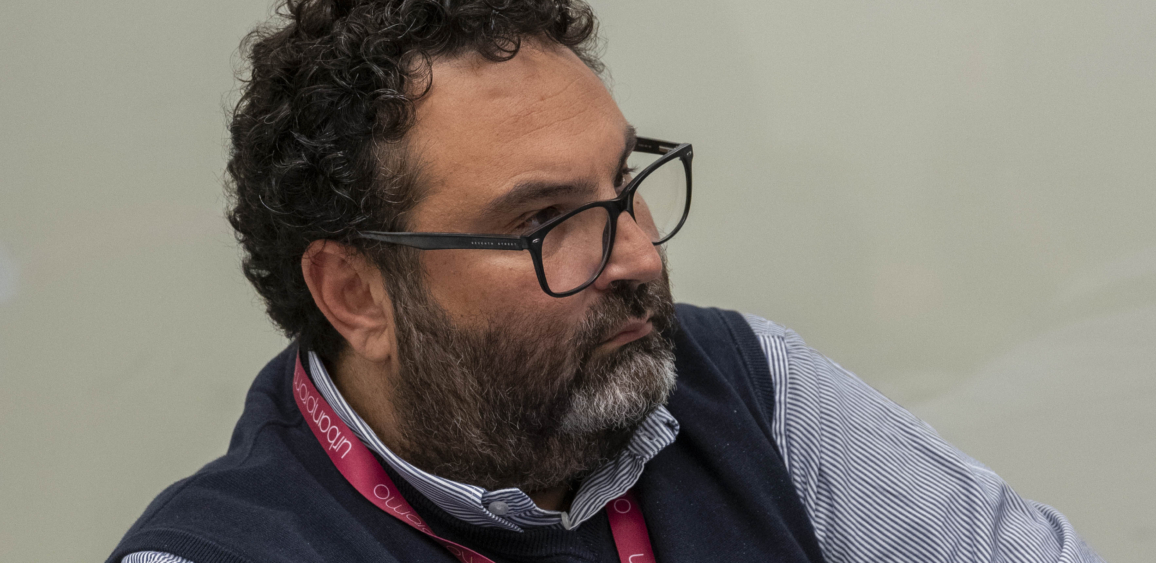
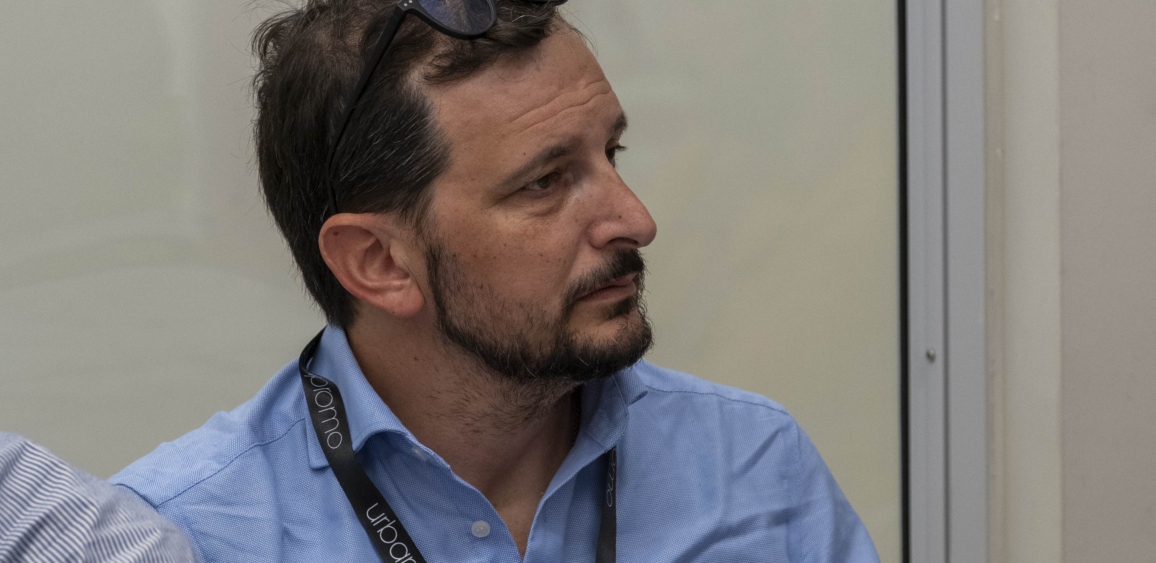
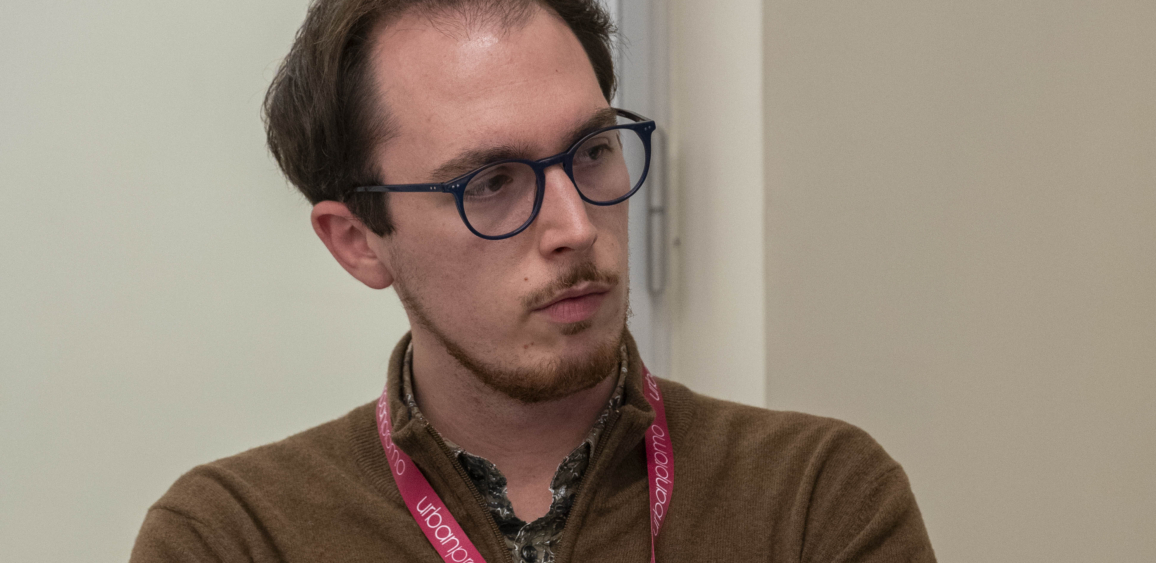
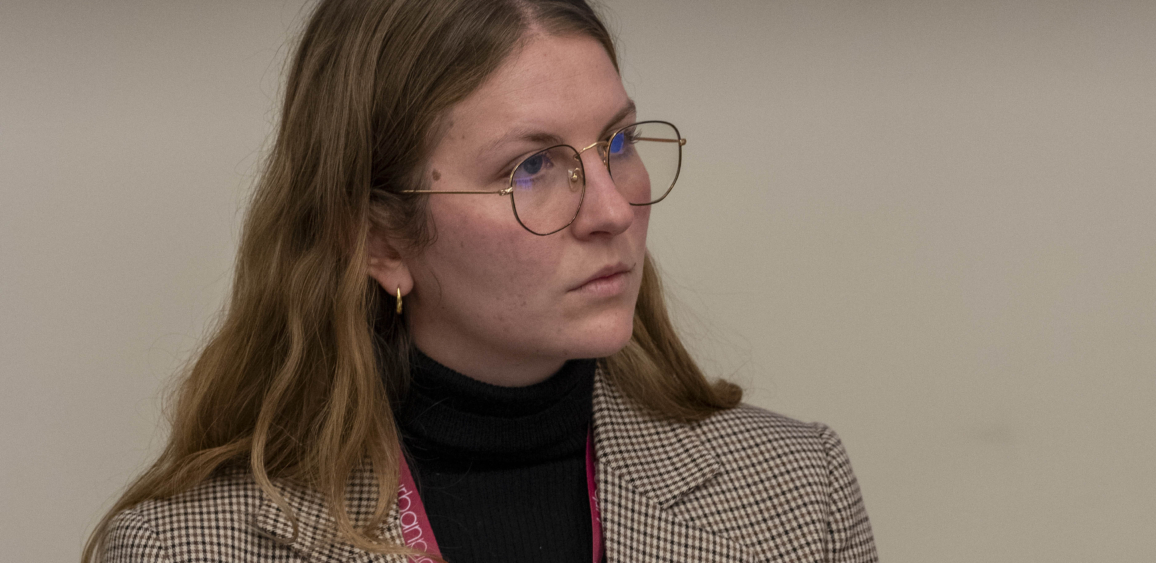
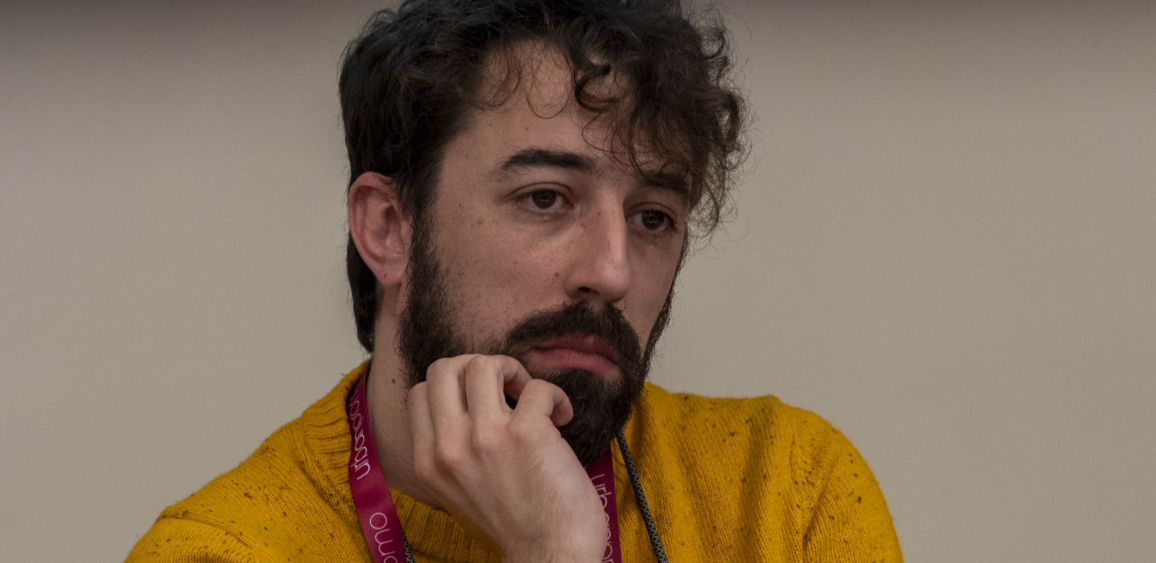
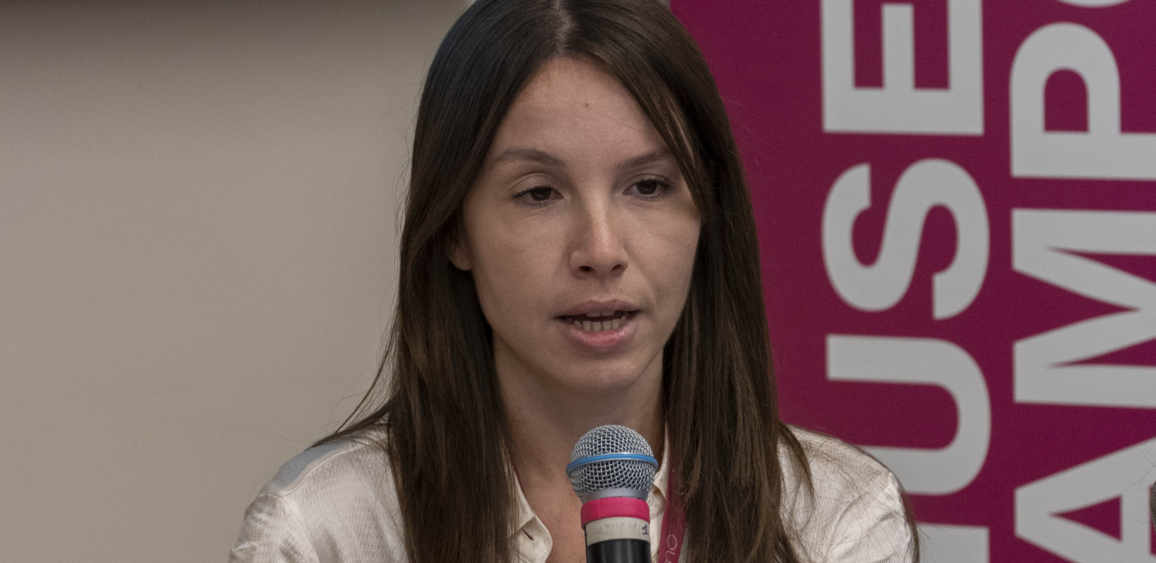
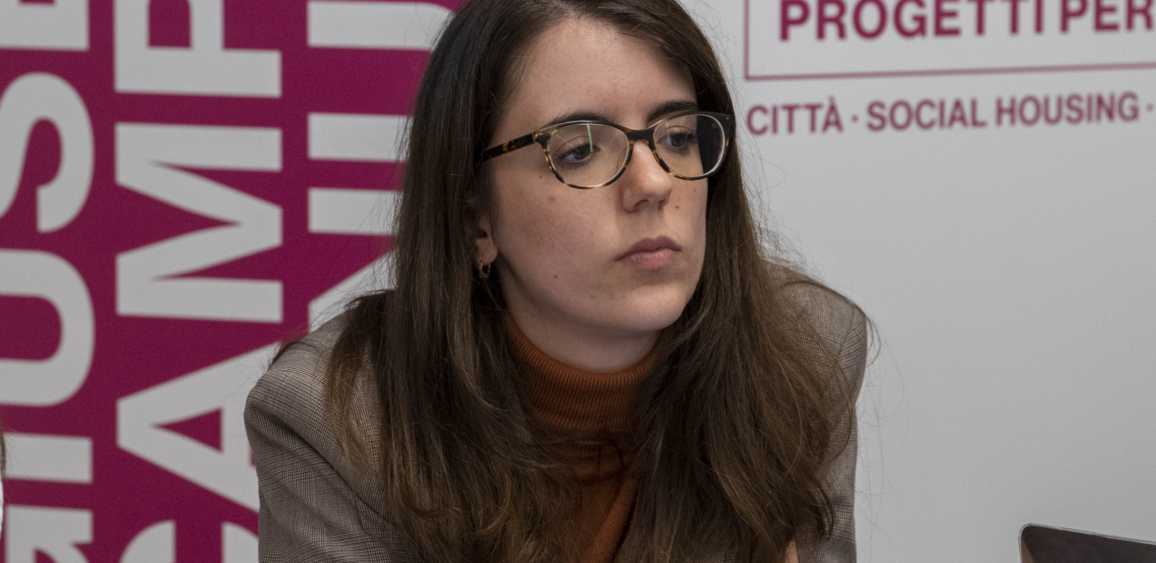
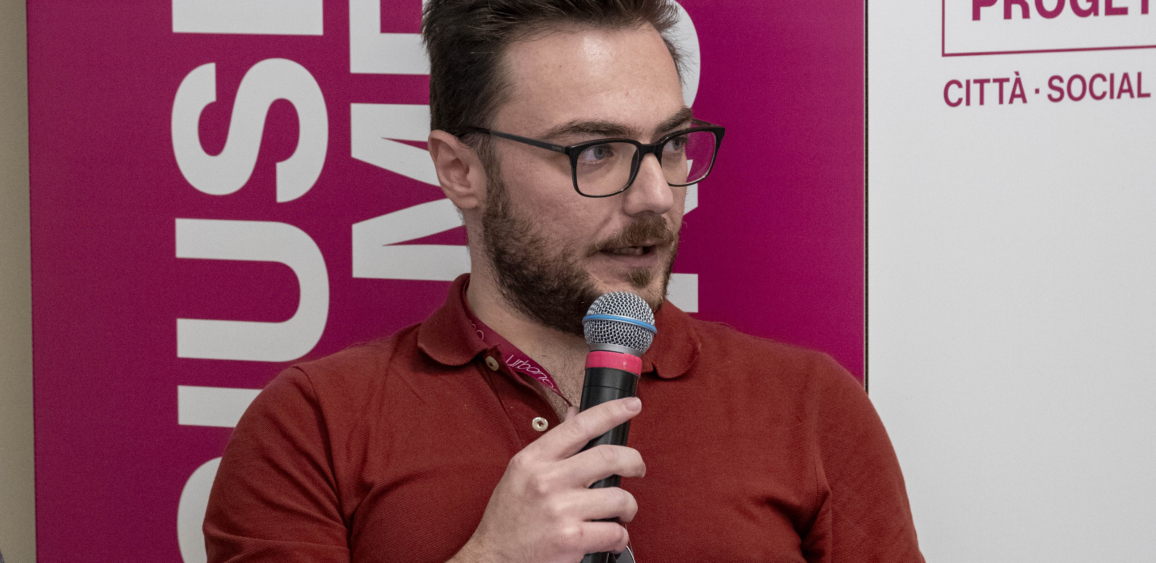
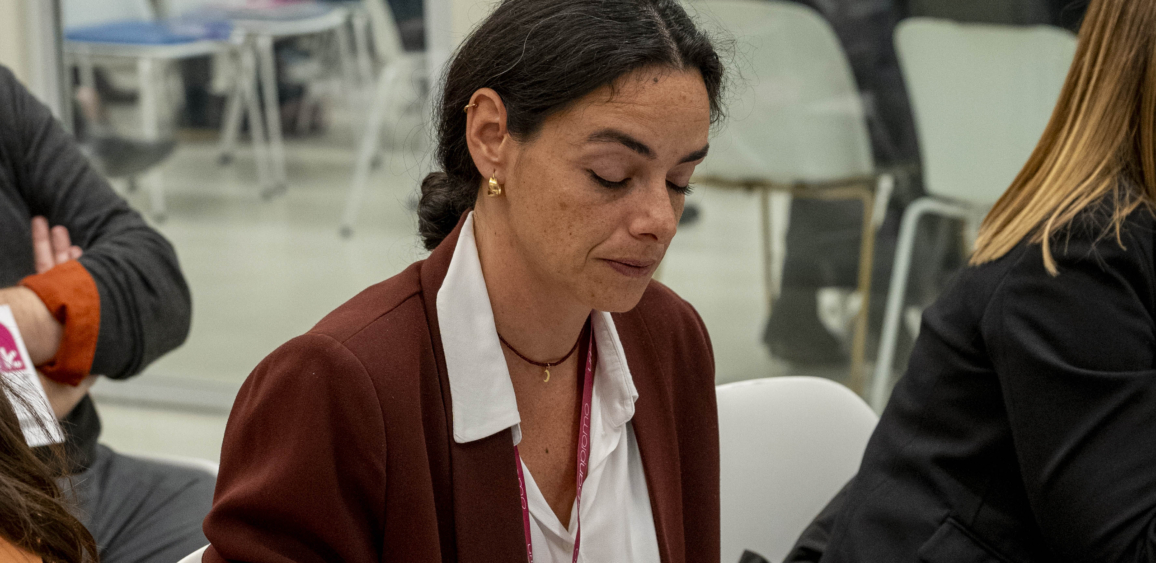
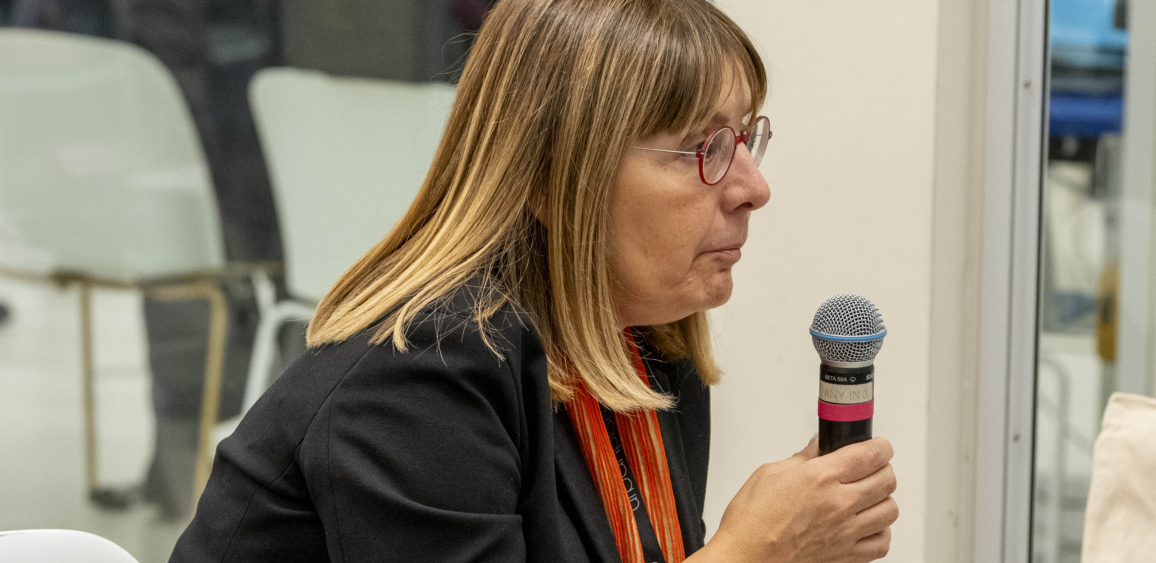
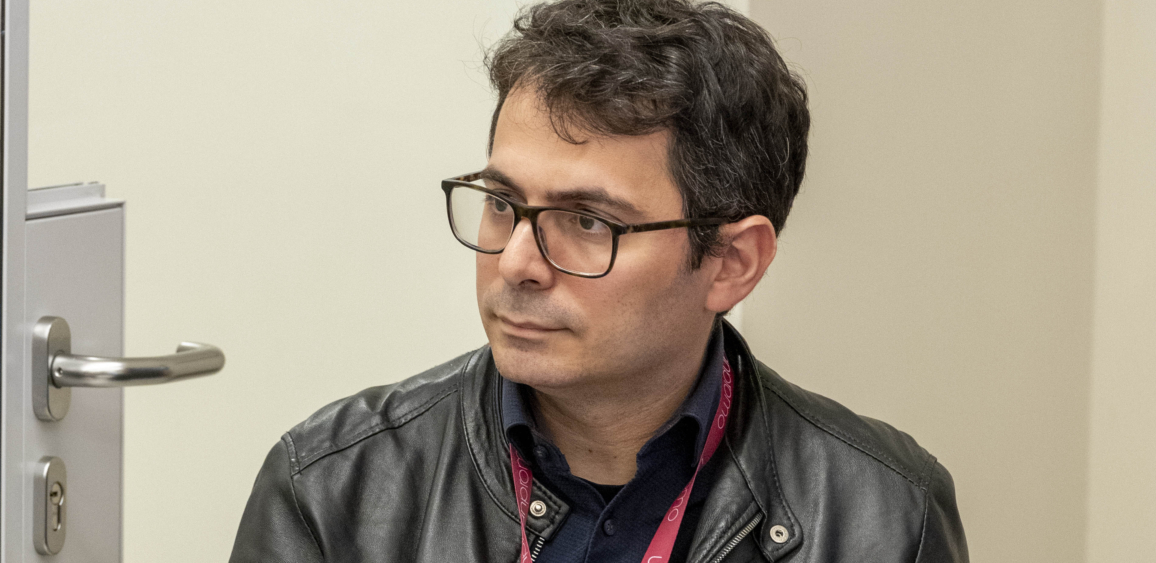
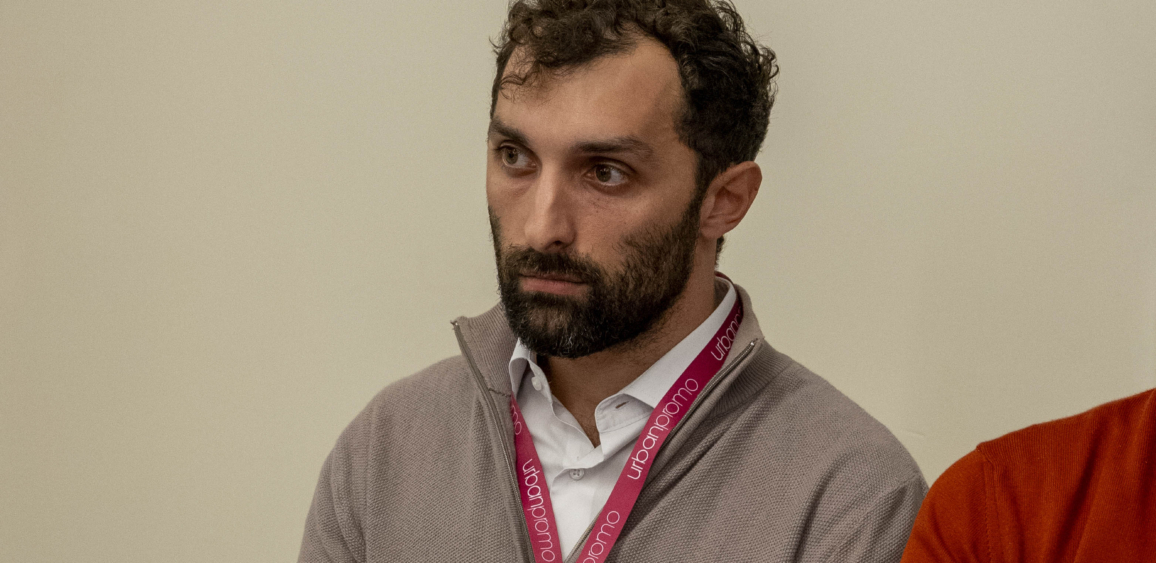
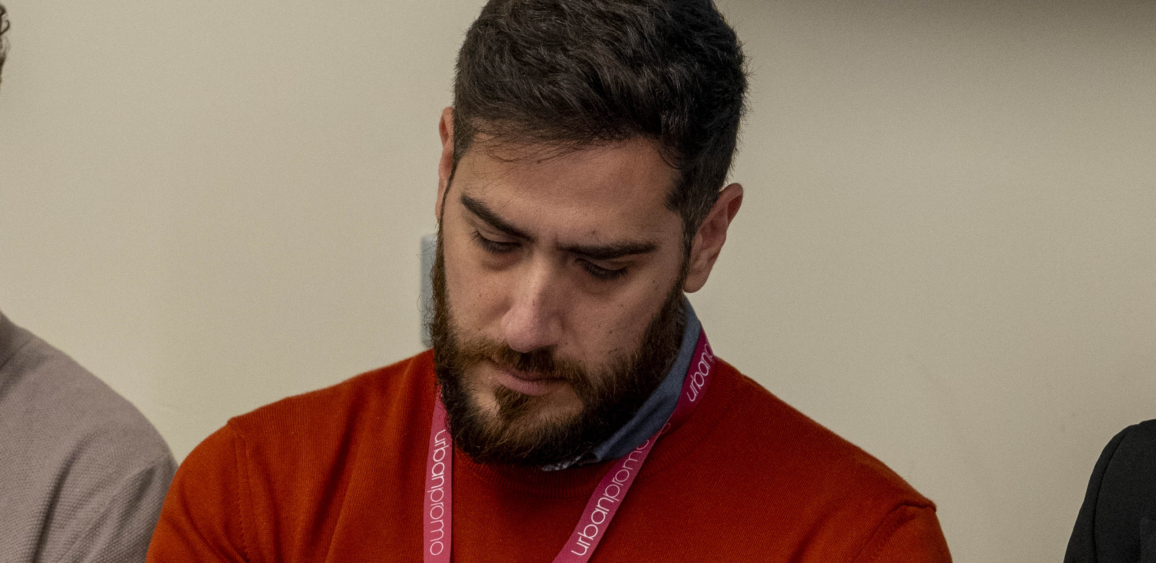
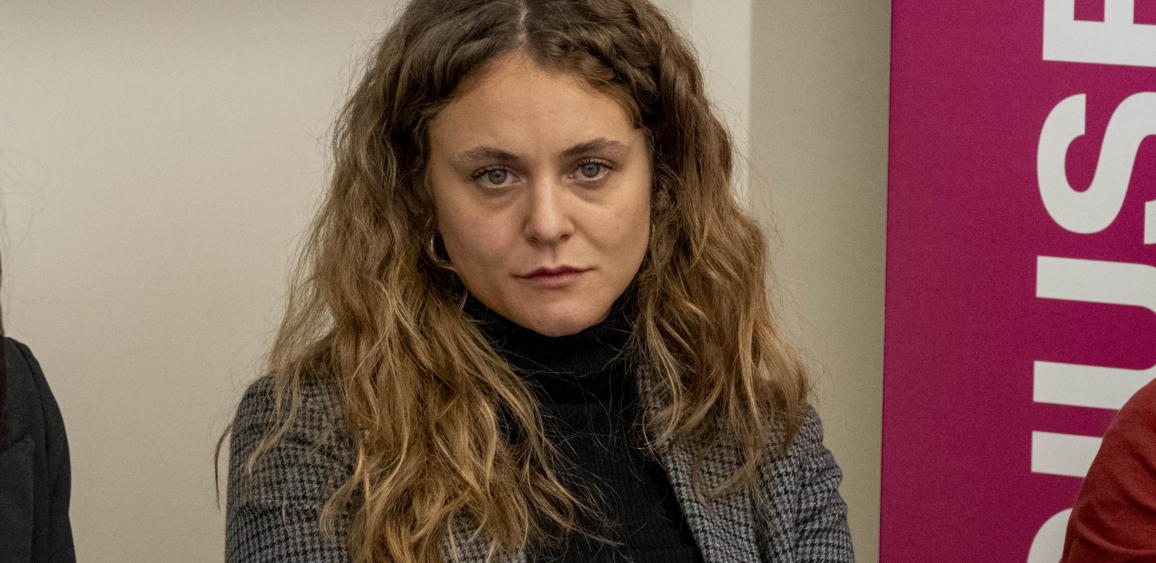
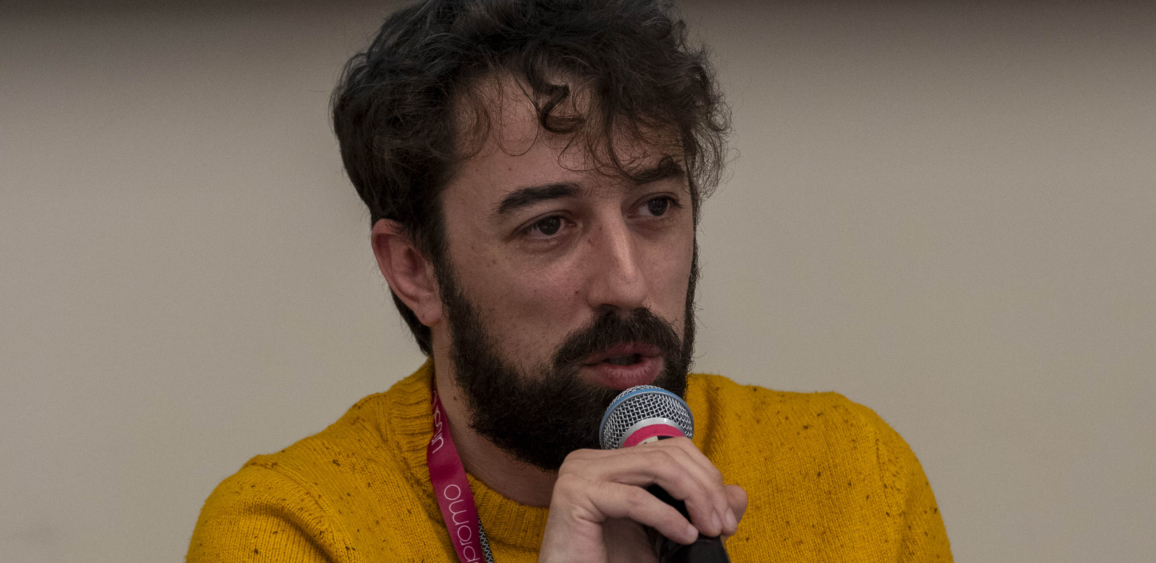

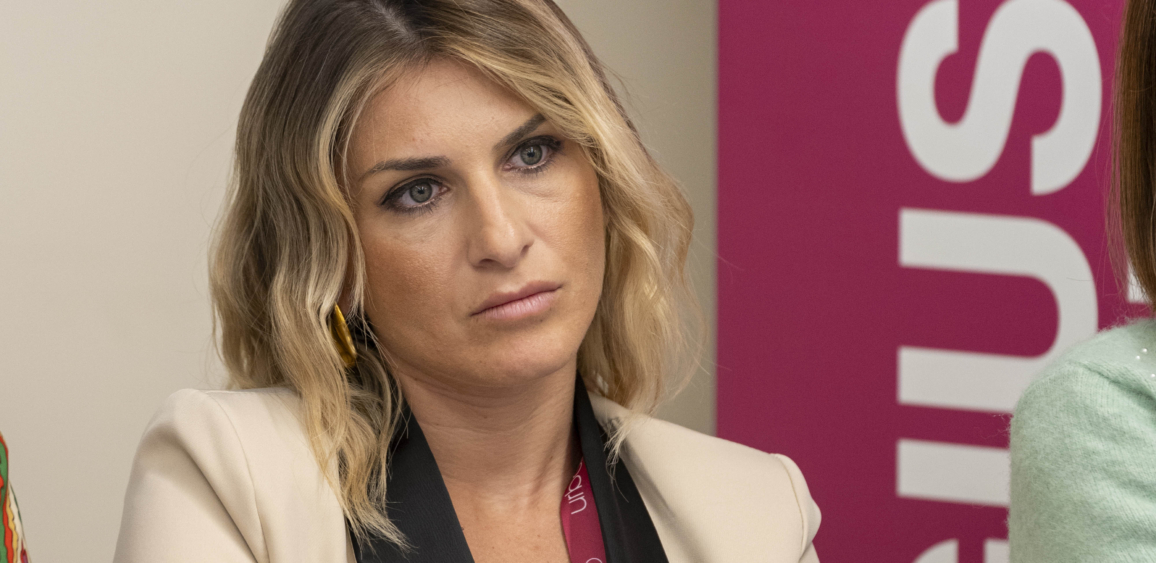
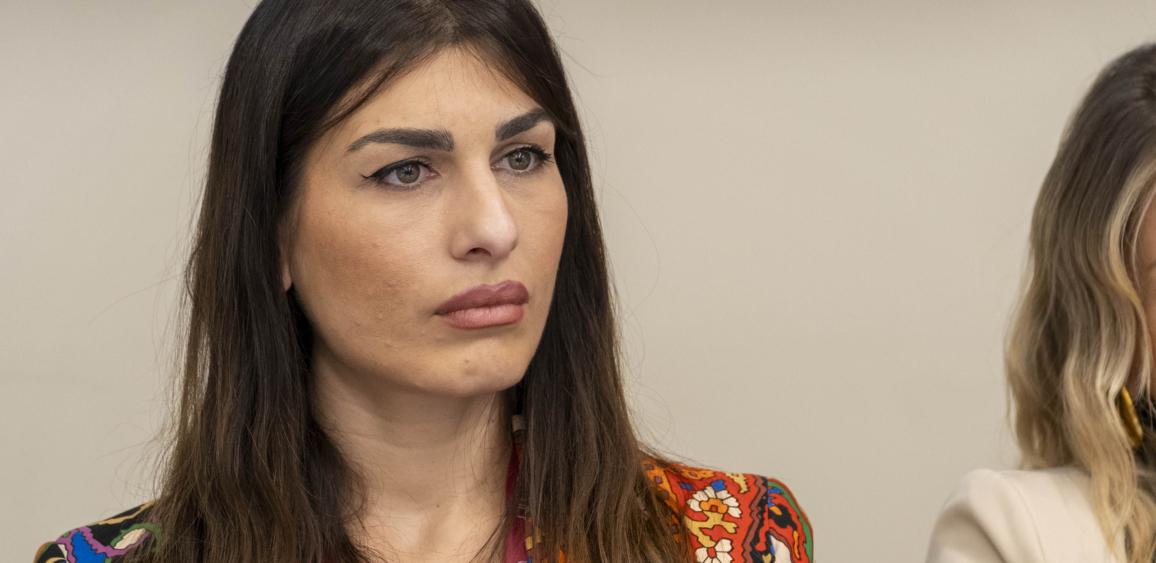
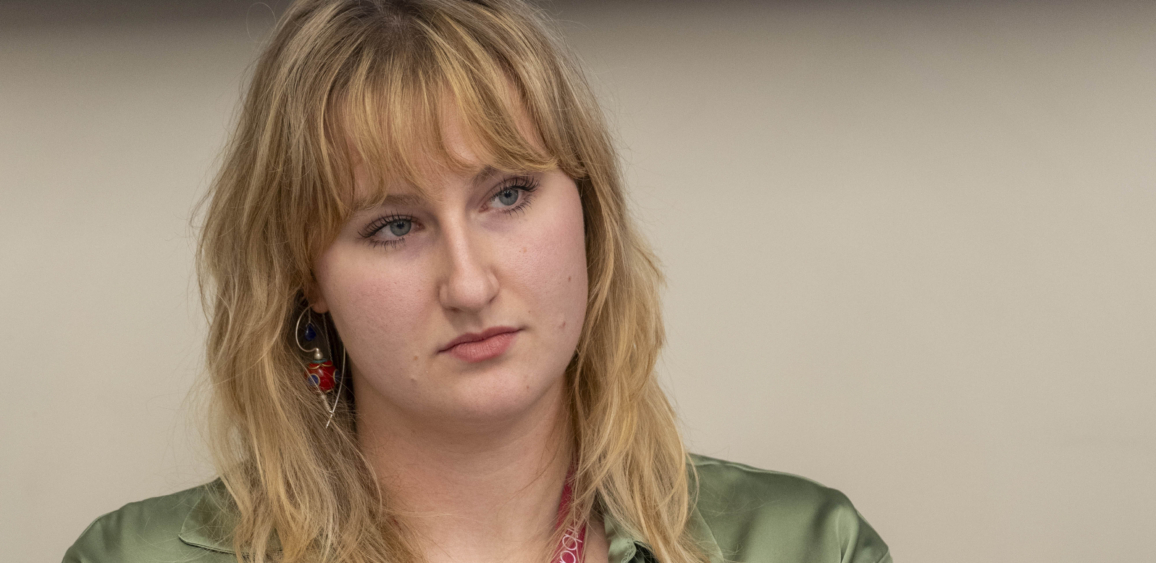
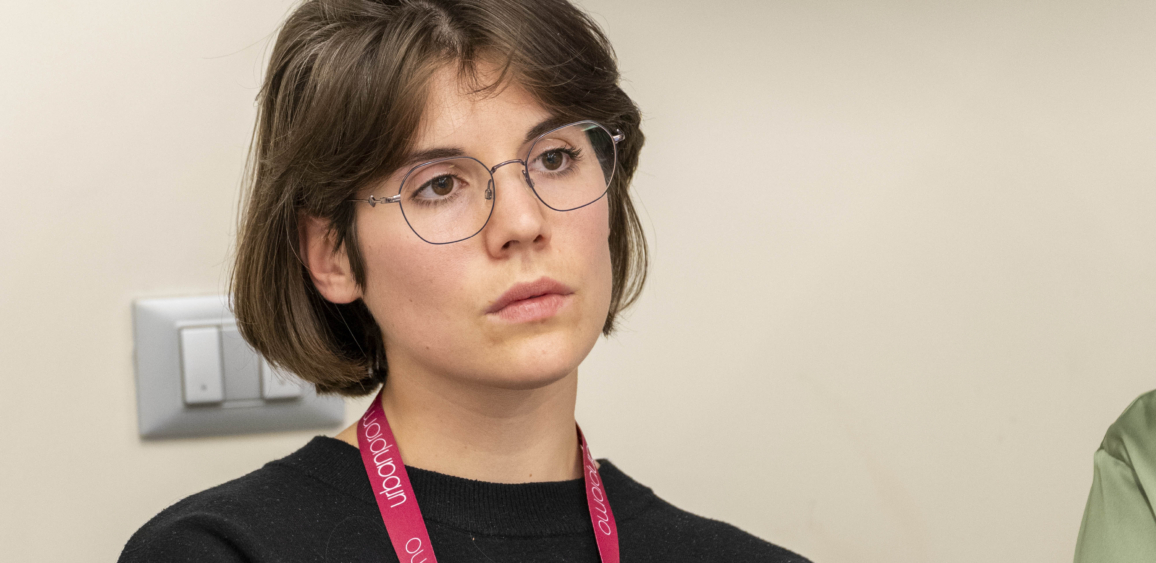
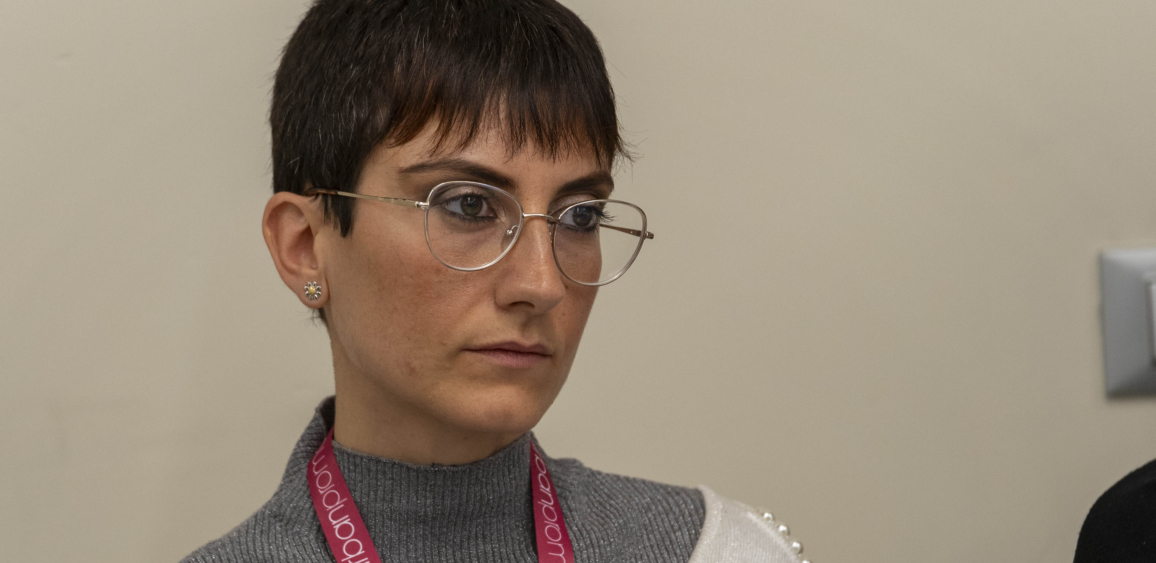
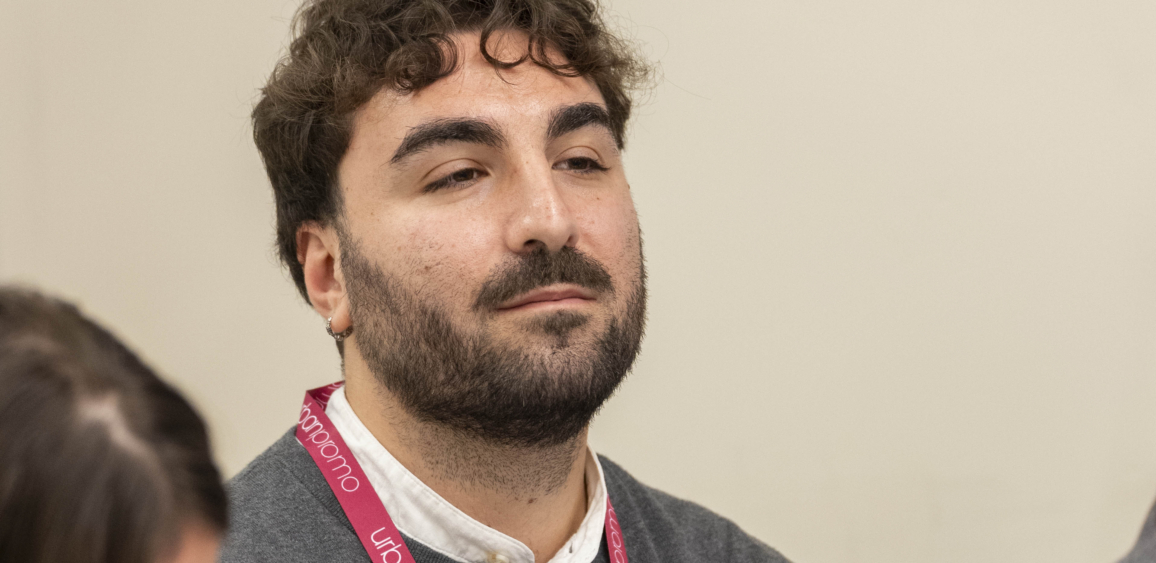
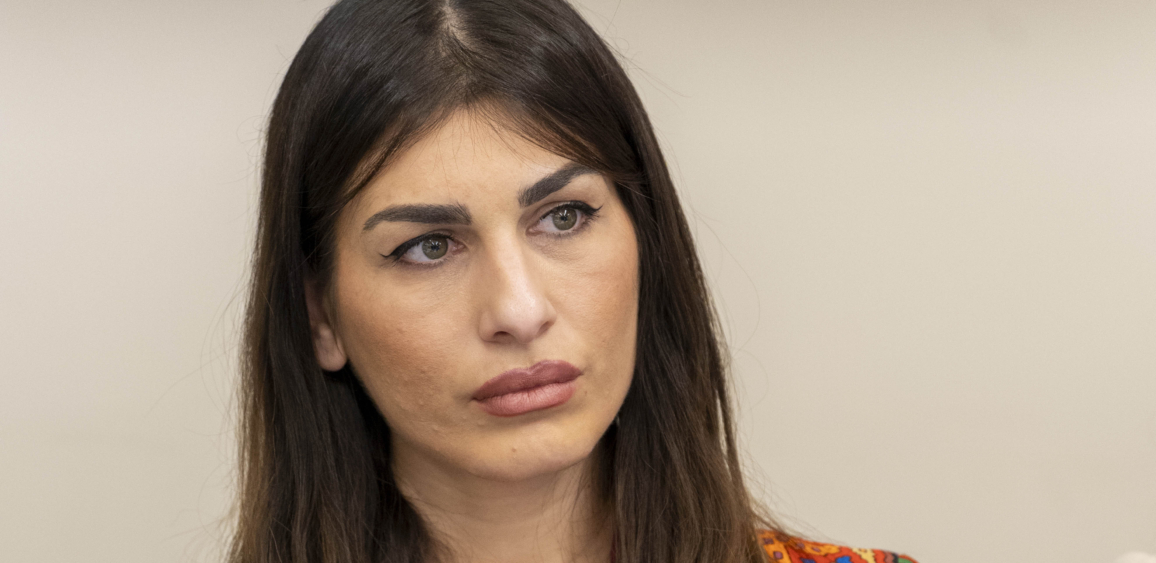
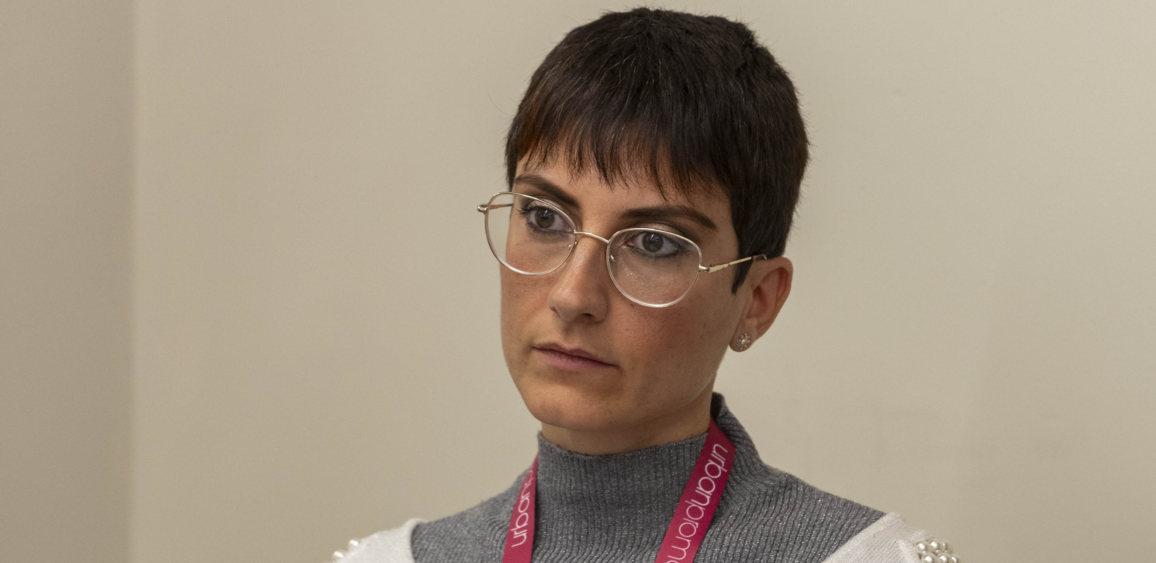
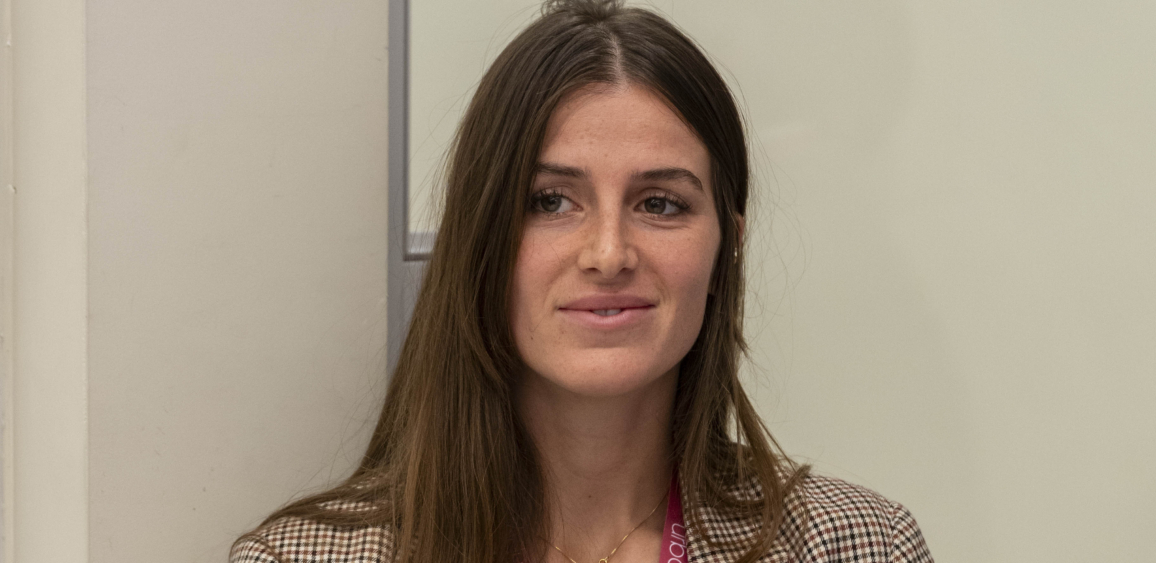
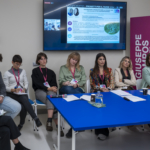

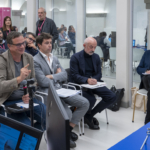
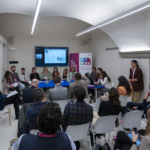
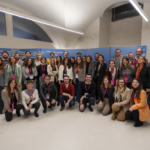
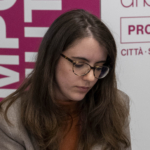
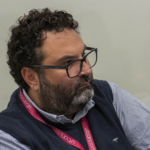
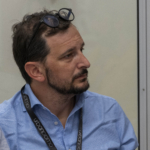
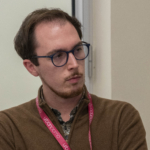
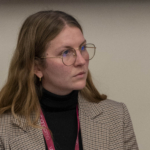
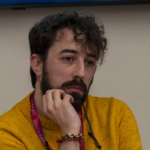
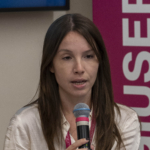
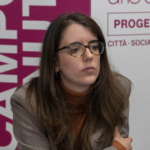

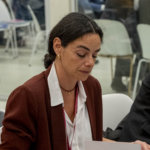
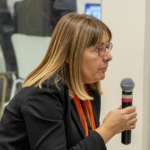
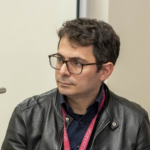
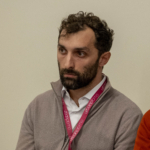
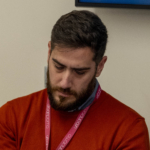
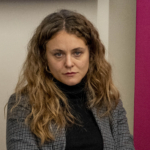
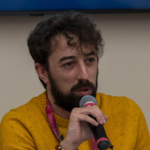


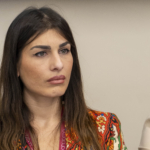
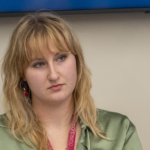
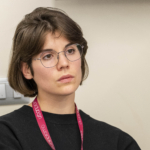
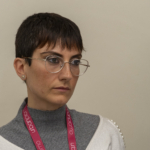
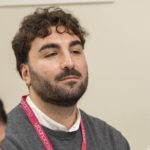
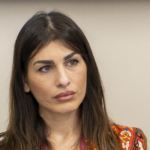
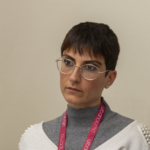
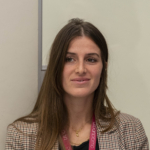
Contributions